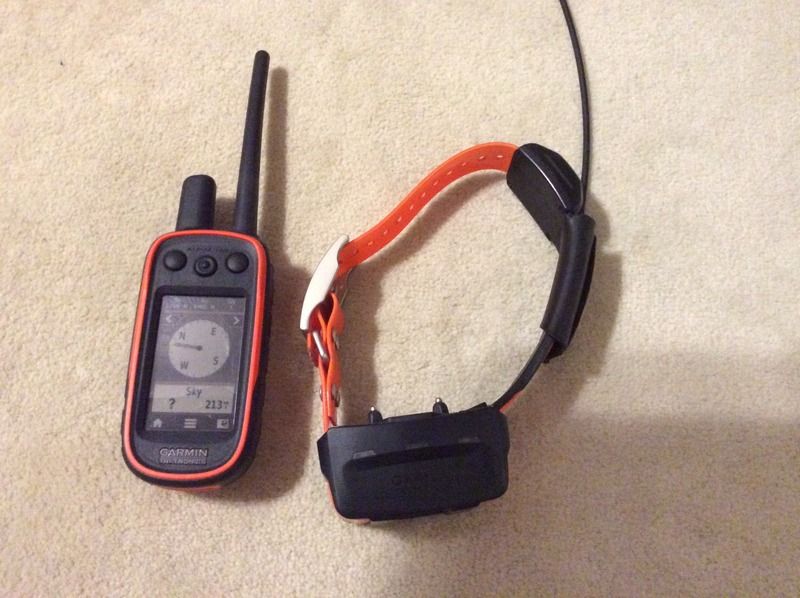This going to sound cold, but tons of studies support it.
An animal learns thru "association". Pavlov's law...light comes on, food follows...touch button, light comes on, food follows...etc.. Pee on the carpet, get punished, etc.. His cognitive capacity is what allows him to string the actions/past experiences together and anticipate the outcome. Some breeds or individual dogs (people) have more or less cognitive capacity. This is very evident when I watch my two dogs, a lab and a pointer. The pointer is much sharper. Animals (and people) remember associations much longer if they are very pleasing (food, etc.) or very displeasing (pain, little pain short memory, lots of pain, long memory). Your kid mows the lawn, takes out the trash, etc. because he knows from past experience he'll catch hell if he doesn't. You had to repeatedly nag him to do it or maybe one good whipping did it.
A lot of people will disagree with this one. I believe everything a dog does, he does to please himself. See the paragraph above. My lab comes to me every morning, sits next to me, nudges my arm with the expectation of being petted and hugged. She nudges me because she was successful one or more times at getting what she wanted and now associates what she did with what she wants. If I didn't pet and hug her, she'd go to my wife. If I never petted and hugged her, she'd stop coming to me. People do the same thing. It's more apparent in children, but adults do it too. You go to work, they pay you. Do a better job, they reward you with more pay. My lab retrieves a bird to hand because she was rewarded for doing so in training and punished for not doing so. Association. My pointer points a bird because of his genetics. She holds point for extended periods and thru the flush and shot, until released, because of association learned during training. She really wants to break point and take out the bird, but she learned in training doing so would result in punishment. Holding the point results in reward. She wants to avoid punishment. She wants reward. Both of my dogs hunt to please themselves because they are predators. Their intensity to hunt is genetics. Their abilities are a combination of genetics and physical conditioning. They hunt with control because of association learned in training. They retain/ remember the training because it was either a very good experience or very bad experience.
I believe hunt desire (predatory drive) is genetic and can't be trained into the dog (see posts about German dogs). You can't push on a rope.
I believe training is subtractive. That is, it takes something out of the dog that it wanted to do (to please itself). I believe the most successful training is low impact (takes the least away) to the dogs genetic predatory desire to hunt (your kid would mow the grass and take out the trash with much more enthusiasm if you gave him $100 every time he did it).
I believe training needs both, reward and correction/punishment to be successful. Ying and yang. The balance of how much reward and how much correction is a skill of reading the dog to get the most from a dog. Each dog (kid) is different.
To me, my definition of a "soft dog" is one that cannot take much correction/punishment before shutting down. Shutting down means the dog becomes unwilling to do the drill or expected task, hunt, etc., won't take a command. My two females are both what I'd call "soft", albeit relative to their breeds. The pointer is more headstrong, but too much correction will shut her down relative to other pointers. Rewards and light correction work best with my dogs.
My 2 centavos. Everyone that ever sat on a horse is a horse trainer. Everyone that ever owned a dog is a dog trainer. I'm just not much of a trainer.
I'd really like to believe my dogs love me and my wife, but I know we are just running a dog resort.


